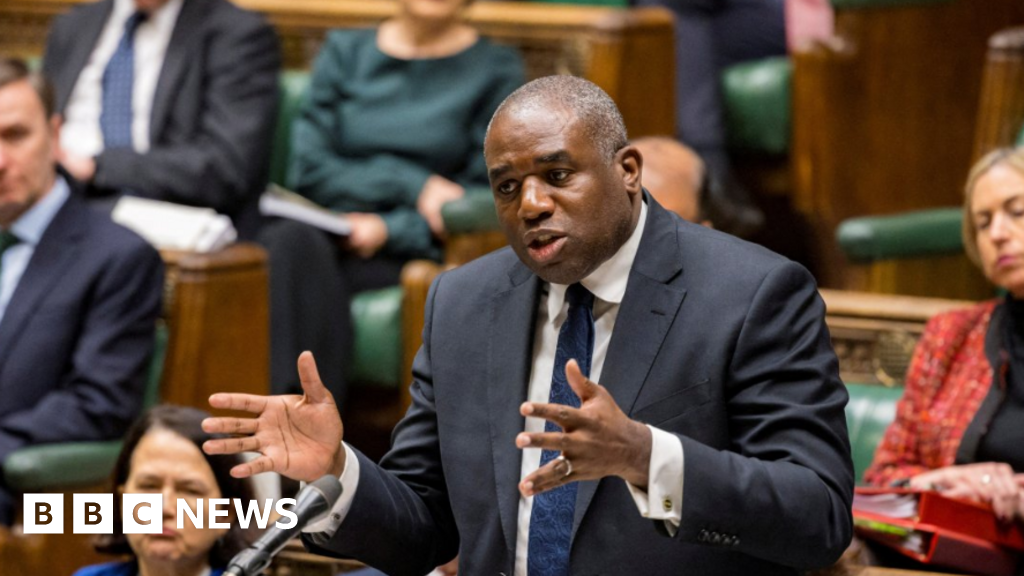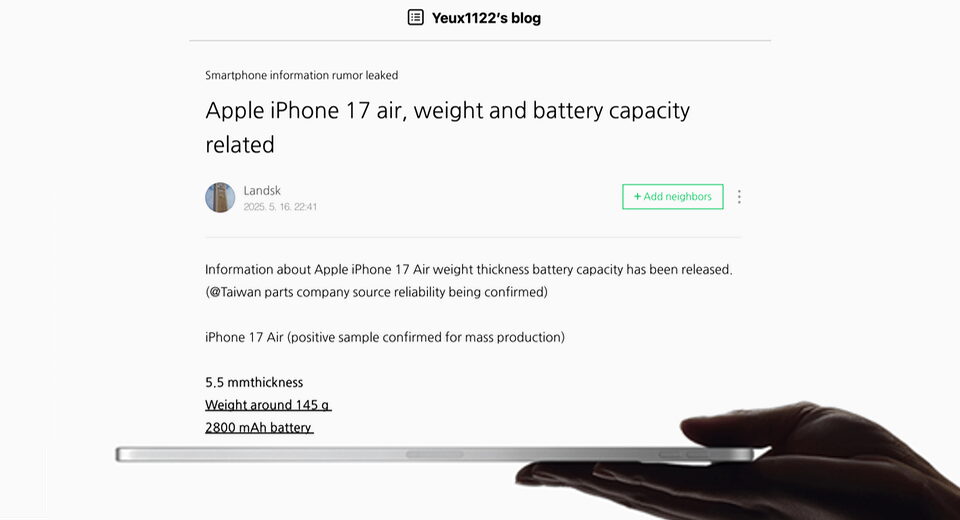Trump’s Trade War and GOP Budget Bill Fuel Investor Anxiety


“A bad risk”
Volatility has returned to the markets. As President Trump’s trade war continues, global investors are fretting about America’s rocky finances while congressional Republicans negotiate a spending megabill that could add $3.3 trillion to the deficit over the next decade.
House Republicans, holding a tiny majority, are aiming for a floor vote this week whose outcome is uncertain. Trump, whose promised tax cuts hinge on the bill’s passage, is heading to Capitol Hill on Tuesday to try to get lawmakers onboard.
Investors are wary of the fiscal risk. The prospect of adding significantly to the federal deficit has given the normally rock-solid market for U.S. government debt a roller coaster feel lately. Monday saw a rapid sell-off in 30-year Treasury bonds, in which yields jumped to their highest level since 2023 after Moody’s cut America’s triple-A credit rating on Friday.
Things are quieter on Tuesday, with the 30-year Treasury at 4.93 percent.
Analysts see a pattern. Foreign investors appear to be shying away from U.S. assets, including the dollar and Treasury notes and bonds. The “sell America” trade picked up in the early days of Trump’s tariff fight and shows signs of accelerating as a vote nears on the Republican tax-and-spending bill.
Monday’s wild market swings may indicate “the slow moving trend of overseas investors selling Treasuries but domestic investors increasing their holdings,” Jim Reid, a Deutsche Bank strategist, wrote in a research note on Tuesday. Torsten Slok, chief economist at Apollo Global Management, sees a similar course.
Wall Street is watching the bond market. C.E.O.s, economists and the Fed have long warned that America’s fiscal hole is unsustainable and may lead to higher borrowing costs for households and companies, as well as an erosion in the value of U.S. assets like government bonds.
Jamie Dimon of JPMorgan Chase and David Rubenstein of Carlyle Group were the latest to sound the alarm. Dimon on Monday called out investors, saying they were suffering from “an extraordinary amount of complacency.” He added, “I think credit today is a bad risk.”
What will the Fed do? John Williams, the New York Fed president, and Raphael Bostic, the Atlanta Fed president, said on Monday that they were in no rush to cut interest rates, citing uncertainty around growth and inflation. The same issues are weighing heavily on consumers and corporate bosses.
Speaking of which: Home Depot on Tuesday reported disappointing first-quarter sales, but Richard McPhail, its C.F.O., told CNBC that the company would stick to its full-year guidance and that it was not feeling pressure to raise prices. That comes as Trump leans on companies, including Walmart and Mattel, to absorb the costs of tariffs instead of passing them onto consumers.
HERE’S WHAT’S HAPPENING
23andMe agreed to sell itself for $256 million. The biotech company Regeneron, which uses DNA research to develop new drugs, reached a deal to buy the genetic testing company out of bankruptcy protection. Regeneron said it would comply with 23andMe’s consumer privacy policies and would allow a court-appointed privacy ombudsman to review its controls; still, the transaction must be approved by a bankruptcy court judge.
Paramount forces out the head of CBS News. Executives of the media company told Wendy McMahon, who has led its news division since 2023, that they wanted her to step down, The Times reports. Paramount is in talks to settle a defamation lawsuit by President Trump, an outcome favored by its controlling shareholder, Shari Redstone; CNN’s Jake Tapper reports that Paramount could pay up to $50 million.
Senators pass a crypto regulation bill on a second attempt. Sixteen Democrats joined most Republicans in approving the GENIUS Act, which would create a rules framework for so-called stablecoins. Democrats last week moved to block the legislation to protest any legislation that could help the Trump family continue profiting from crypto; Senator Elizabeth Warren of Massachusetts maintained opposition to a bill she said would “turbocharge Trump’s corruption.”
The resurgence of SPACs, Trump edition
SPACs are back. The investments known as special purpose acquisition companies were all the rage in 2021. Now, after a hiatus, a new crop has come to market.
Some are run by teams that took SPACs to market in the past, but the most notable have ties to President Trump or aim to acquire companies in industries that the president has favored, like cryptocurrency, Maureen Farrell reports.
Many of the new deals are seeking a “Trump bump.” Trump used a SPAC to take his social media company, Trump Media, public in a deal announced in 2021. This time, SPACs with indirect ties to the president are hitting the market. Among them:
The previous SPAC craze didn’t end well. In 2021, 613 SPACs were floated on the stock market, raising $163 billion, according to Dealogic. That was almost as much as had been raised in the previous 15 years.
But many of them failed to find deals and handed the money back to investors. The S.E.C. opened investigations into dozens of SPACs, and investors sued over their losses. For many consummated deals, sponsors of these SPACs did well, as did bankers, because they generated high fees for both parties.
Worth noting: Paul Atkins, the current head of the S.E.C., generally favors a lighter touch to regulations.
Trump’s SPAC in particular became a wild ride. Investors in the SPAC and the merged company, Trump Media & Technology Group, which trades under the symbol DJT, have seen huge swings. The stock rose as high as $92 in early 2022 and now trades around $25.
The big questions now: Will this flurry of SPACs lead to another boom, and will investors fare better this time? With the I.P.O. market largely stalled, some private equity firms and their investors are hoping SPACs can provide a workaround for selling companies to public market investors.
The numbers behind the potential Qatari 747 gift
Few potential deals have grabbed more headlines in recent months than the potential gift of a Qatari-owned Boeing 747 to the Trump administration.
Critics have raised questions about the ethical implications. But a deep dive by The Times into the plane’s back story unearthed some surprising numbers.
The potential cost: News reports have noted that a new Boeing 747-8, the jet being offered by Qatar, costs $400 million.
Trump has said that only a “stupid person” would refuse such an expensive gift. But that doesn’t factor in the hefty costs of retrofitting it:
It’s also unclear how much the administration would pay L3Harris, the military contractor likely to do the retrofitting, or where the money would come from.
The potential timeline: White House officials initially assumed that the Qatari plane would need just a paint job and a few other upgrades, and be ready for service within the year. But bringing the jet up to Air Force One standards would take years, potentially past 2027. (While Trump could waive requirements for advanced security systems, former Pentagon officials say this would be a mistake.)
Here’s what Marc Foulkrod, an aerospace engineer who tried to help sell the Qatari plane at one point, said of the administration’s plan:
‘We’re rolling the dice on what we’ll have to pay in import fees’
We asked DealBook readers how tariffs had affected their companies. Today, we’re featuring a response from Lori Torman, the C.E.O. and founder of StickyJ Medical ID and Thoughtful Impressions in Seminole, Fla.
She has two online stores: One sells custom-engraved medical ID bracelets, and the other sells personalized jewelry and gifts. Nearly all of Torman’s products are manufactured in China. The company employs 10 people and generates about $1.5 million in annual sales.
How have you dealt with the whipsawing tariffs?
Having the surcharge reduced to 30 percent is helpful, but it still leaves us with a 48.5 percent total tariff on imported stainless steel jewelry, and President Trump’s comment last week that targeted tariffs on stainless steel items will remain in place was confusing.
We’re not sure if he was talking about the 7.5 percent stainless steel surcharge that was levied during his first term or some part of the additional 145 percent that was imposed more recently. When we reached out to FedEx for clarification, they weren’t sure, either.
Were you able to take advantage of the pause?
Not really. We had been running low on inventory, so we airfreighted in a large shipment of stainless items earlier this month. We were charged a 159 percent tariff.
It hurts to think that if we had waited another 10 days, we would have limited our duty charge to 48.5 percent and saved $3,750. Our shipment contained goods valued a little over $3,400. Prior to the tariffs’ being imposed, we would have paid a total of 18.5 percent, or $629. But for this shipment our customs charge was over $5,400.
How much of your new costs have you had to pass on to your customers? Your items range from as little as $7 to $50.
Our immediate plan is to initiate a small price increase of between $2 and $5 on most items. It probably won’t be that noticeable to customers. It won’t recoup all of the added expense we just incurred, but hopefully it will help us to stay afloat until the tariff war ends.
How much has all this cut into sales?
We’ve observed a 30 percent drop in year-over-year sales since the beginning of April. We’re attributing that to a combination of confusion and loss of consumer confidence.
I think the biggest challenge we face over the balance of the year is uncertainty. Every time we authorize a shipment from one of our factories, we’re rolling the dice on what we’ll have to pay in import fees.
Do you think the tariffs will help the U.S. economy and revive lost jobs?
It doesn’t appear so. If there had been a national effort to build up stainless steel jewelry manufacturing capability in the U.S. before the tariffs were imposed, there might have been some success, but it’s unlikely that U.S. manufacturing would be able to match the price and quality that consumers have become accustomed to.
THE SPEED READ
Deals
Tech and artificial intelligence
Best of the rest
We’d like your feedback! Please email thoughts and suggestions to [email protected].
What's Your Reaction?
 Like
0
Like
0
 Dislike
0
Dislike
0
 Love
0
Love
0
 Funny
0
Funny
0
 Angry
0
Angry
0
 Sad
0
Sad
0
 Wow
0
Wow
0









































